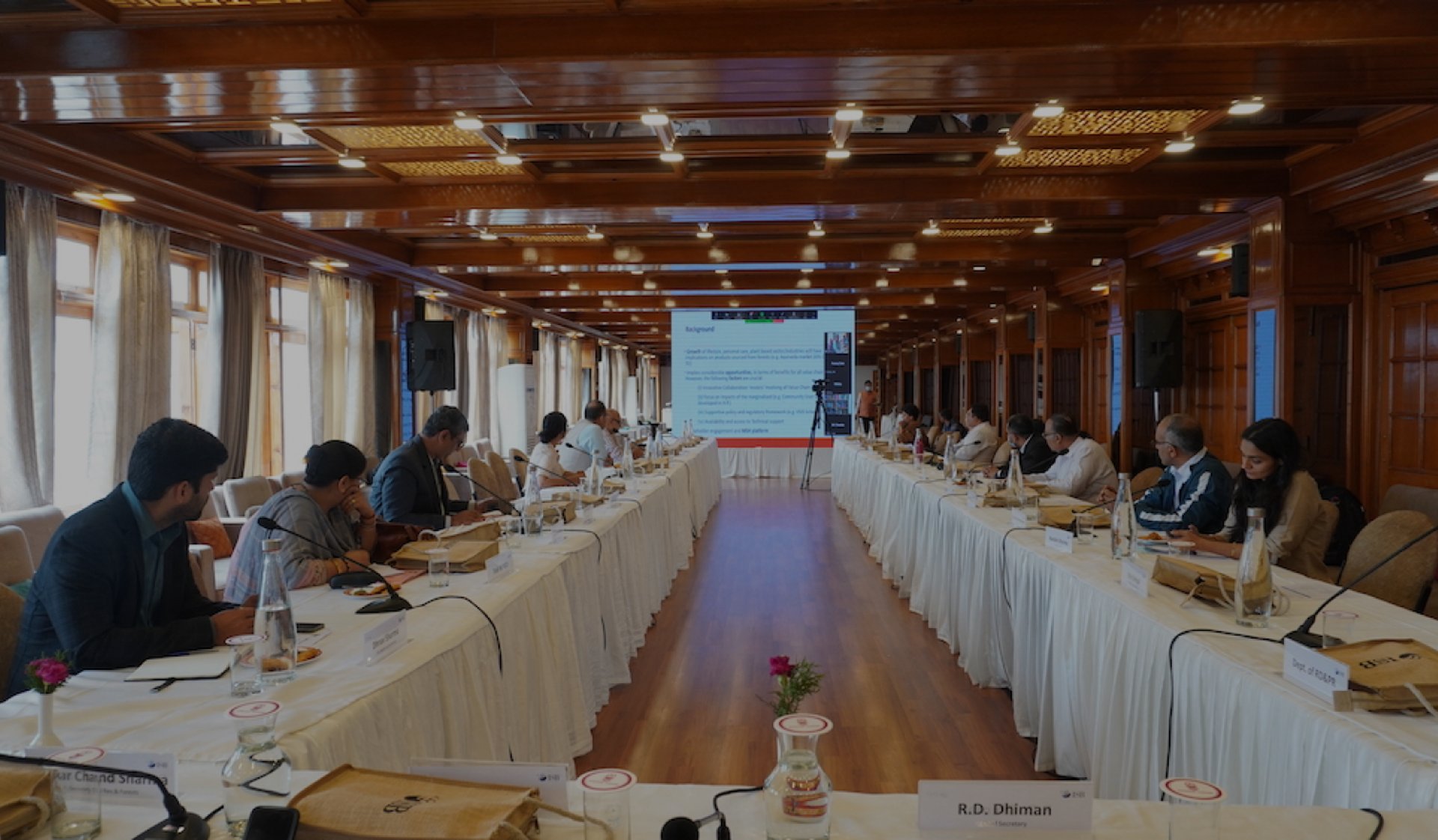
Boosting the Forest Economy of Himachal Pradesh: A Roundtable Discussion on Security of Tenure
30.08.22
The “Boosting the Forest Economy of Himachal Pradesh from Security of Tenure” roundtable was held on August 30th, 2022 in Shimla and was hosted by BIPP-ISB and the Centre for Responsible Business. The roundtable chaired by Shri. Ajay Srivastava, Principal Chief Conservator of Forests of the Himachal Pradesh Forest Department, received significant attention from the Himachal Pradesh government and industries. Senior representatives from IKEA, AAK, Dabur, Hindustan Unilever, ITC-Agribusiness Division, and representatives from the Himachal Pradesh Women & Child Development department, Forest department, Tribal Development department, and Industries department, as well as the Government of Himachal Pradesh actively participated in the forest-based economy potential of the state.
About the Event
BIPP-ISB’s Forest Economy Initiative places “Security of Tenure” at its core. BIPP-ISB is committed to promoting collective action and reinforcing the benefits of recognizing Community Forest Resource (CFR) rights. The Forest Rights Act of 2006 grants ownership rights to forest communities whose livelihoods depend on the collection and sale of Seasonal Forest Products (SFPs). Professor Ashwini Chhatre explains that an inclusive and formal forest economy model based on the Community Forest Resource rights framework promotes forest conservation and livelihood security by creating job opportunities. When forest communities have secure tenure, they have a long-term incentive to sustainably manage forests, leading to increased income through local value-added processing and market linkages. A dynamic partnership between the government, industry, and communities is essential to establish the forest economy in Himachal Pradesh.
Forest Economy Model
At the Roundtable, the Forest Governance Specialist from BIPP-ISB team, Ms. Apurva Duddu, shared details of the pilot project underway in Pangi and discussed how it can be replicated in other communities across the state. A collaborative effort between various stakeholders, including the District Administration, SRLM, Forest Department, and WDC, is underway to establish a thriving forest economy in the region. The team also had the opportunity to meet with the Chief Secretary of Himachal Pradesh, Mr. RD Dhiman, who expressed support for their work and proposed a state-level collaboration between various government departments and the Indian School of Business to enhance the forest economy. He previously held the position of the Resident Commissioner of Pangi and hence proposed to provide us with pragmatic guidance relevant to the area.
There are various support systems, such as the Self-Help Group (SHG), Van Dhan Kendra, and Van Sakhis, in place within government departments to overcome obstacles in the forest economy. The Department of Industries provides support to startups for the first three years. However, these programs and groups face optimization challenges. BIPP-ISB is working to improve infrastructure, communication channels, and inventory management for the materials harvested from the forests. This will be achieved by establishing market connections, shortening the credit period between industry and communities, increasing raw material processing through mechanization, and integrating forest management plans with biodiversity registers.
During the roundtable, the Centre for Responsible Business (CRB) stressed the importance of several key factors for creating a responsible business. These include implementing wealth distribution models with effective risk management, pursuing innovative partnerships and collaborations beyond traditional business practices, and receiving improved policy support. CRB also emphasized the crucial role of technology in providing transparency to stakeholders and facilitating business operations. Ms. Sushma Kattamuri, Corporate Engagement Specialist of our team explained how the Forest Economy model based on Community Forest Rights addresses these critical aspects of building sustainable and responsible businesses.
Perspective from Stakeholders
At the Roundtable, the Forest Governance Specialist from BIPP-ISB team, Ms. Apurva Duddu, shared details of the pilot project underway in Pangi and discussed how it can be replicated in other communities across the state. A collaborative effort between various stakeholders, including the District Administration, SRLM, Forest Department, and WDC, is underway to establish a thriving forest economy in the region. The team also had the opportunity to meet with the Chief Secretary of Himachal Pradesh, Mr. RD Dhiman, who expressed support for their work and proposed a state-level collaboration between various government departments and the Indian School of Business to enhance the forest economy. He previously held the position of the Resident Commissioner of Pangi and hence proposed to provide us with pragmatic guidance relevant to the area.
There are various support systems, such as the Self-Help Group (SHG), Van Dhan Kendra, and Van Sakhis, in place within government departments to overcome obstacles in the forest economy. The Department of Industries provides support to startups for the first three years. However, these programs and groups face optimization challenges. BIPP-ISB is working to improve infrastructure, communication channels, and inventory management for the materials harvested from the forests. This will be achieved by establishing market connections, shortening the credit period between industry and communities, increasing raw material processing through mechanization, and integrating forest management plans with biodiversity registers.
During the roundtable, the Centre for Responsible Business (CRB) stressed the importance of several key factors for creating a responsible business. These include implementing wealth distribution models with effective risk management, pursuing innovative partnerships and collaborations beyond traditional business practices, and receiving improved policy support. CRB also emphasized the crucial role of technology in providing transparency to stakeholders and facilitating business operations. Ms. Sushma Kattamuri, Corporate Engagement Specialist of our team explained how the Forest Economy model based on Community Forest Rights addresses these critical aspects of building sustainable and responsible businesses.
